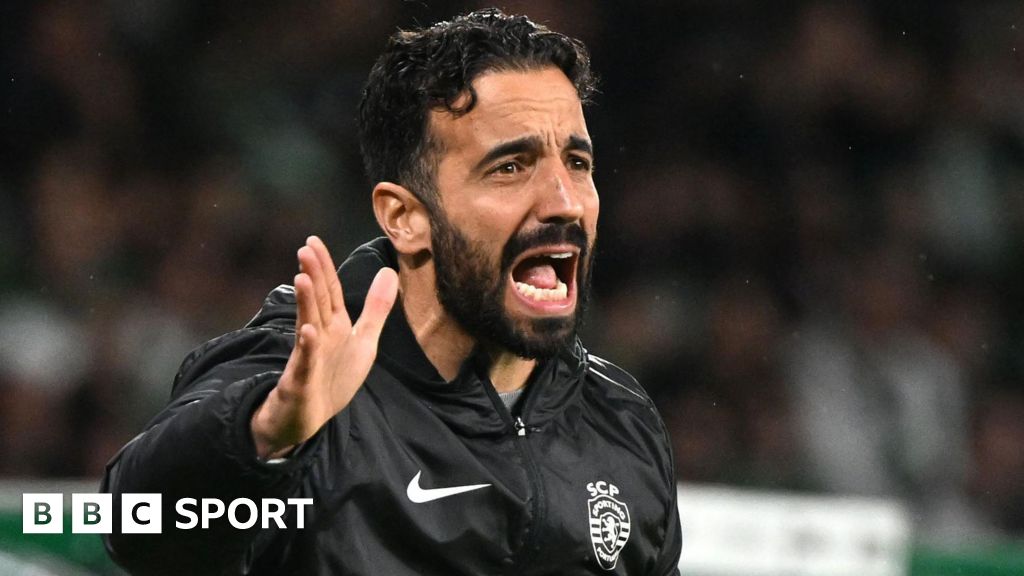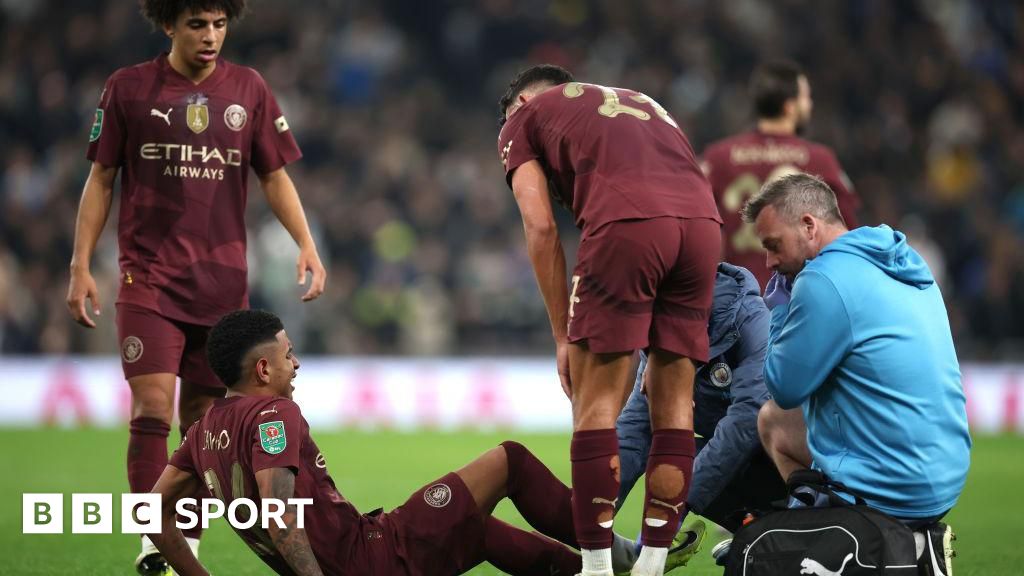ARTICLE AD BOX
Umesh Valjee gives a wry smile when he considers what an umpire might make of a deaf cricket match.
"Umpires will say, 'Oh what a lovely, quiet game of cricket. There is no sledging'," he says.
"Actually, because it is being done in sign language, they don't realise how much is going on."
England Deaf's longest-serving player and all-time leading run-scorer has seen it all before.
He explains how such obliviousness can reflect a deeper lack of deaf awareness in cricket, picking out an example of when he has taken guard as a batter.
"I'll ask for middle stump and umpires will speak rather than gesturing with their hands," says 54-year-old Valjee, who is a British Sign Language user. "Little things can be slightly aggravating.
"If someone deaf is keeping for a hearing club and the batter snicks it, the hearing [team] will go 'Hey, how’s that!'
"But [the keeper] might not necessarily realise they've caught someone out.
"When you take a catch, somebody will shout 'Mine!'
"Deaf players won't hear it because they'll look up at the ball and slap into each other. So deaf players have to be very good at watching the ball."
Even with enduring support from family and interpreters, former England captain Valjee has often felt excluded since he was born.
But when he was offered the chance to join West London Deaf Cricket Club aged 15, little did he know that taking up the opportunity would change his life.
Valjee went on to make his England debut in the first Deaf Ashes in 1992 at the start of a career spanning 32 years. He has contributed 2,939 runs in 88 matches, most recently playing in England's defeat by India in last month's T20 series.
It is not international glory that keeps Valjee going, but rather the all-too-rare sense of belonging and community which he wants to preserve for future generations.
"Growing up, I knew I was deaf and there were barriers, but it was normal to me. I put up with it. That was life," he says.
"It is society's problem. People could learn some sign language to make our lives a bit easier.
"You can be very isolated around a hearing cricket club. Even in the bar, you often think, 'Oh I’ll just go home, it’s not worth hanging about'. That happened to me a lot over the years.
"I'd love to stay and chat, but it is such hard work. You end up doing thumbs-up for everything and you can't have a proper conversation. It is a shame."
England Deaf players must have a hearing loss of at least 55 decibels in their better ear - which is equivalent to normal conversation - and remove hearing devices during play, meaning communication ranges from lip reading, speaking, to signing.
"I've seen deaf players go from a hearing world to their world. They find their friends, connect and inspire each other," Valjee says.
"At home, even if they are hearing with an aid and speaking, there's still nobody like them around them so they get that from the deaf cricket environment.
"I get excited when I'm with England or the pan-disability domestic teams. I'm like, 'Ah that is my people, and I can talk to them'."
His current team-mate Jake Oakes, who is set to represent an ECB Chair Disability XI against MCC on 22 July, fondly remembers being coached by Valjee aged 11 and described him as "a stalwart of the game".
Valjee, who was awarded an MBE in 2011 for services to disabled sport, has no plans to stop any time soon.
"I don't want to be the deaf WG Grace, one of the oldest English players. He had a massive beard and was very old-fashioned. I don't want to become that figure," he says, laughing.
Of course, the day will come when Valjee steps away.
With tears in his eyes, he adds: "Of course, one day retirement is going to happen.
"It will be very, very hard because England Deaf cricket has been my life."

 3 months ago
20
3 months ago
20








 English (US)
English (US)